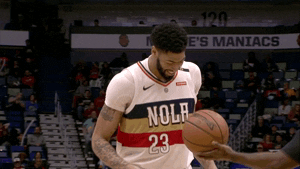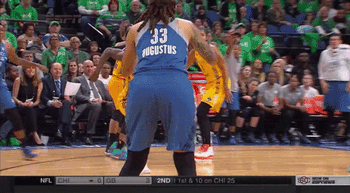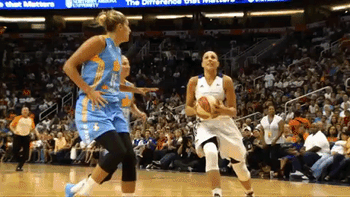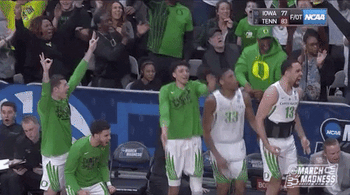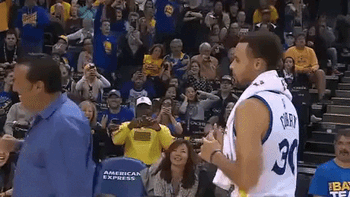Women’s care brands seek out WNBA partnerships as sector is poised for growth
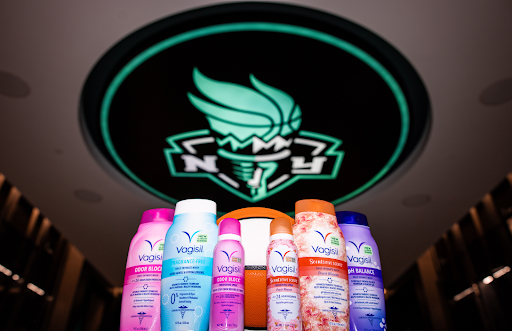
The GIST: This week, vaginal care brand Vagisil announced a new partnership with the NY Liberty that bonds the NYC–based brands over a shared message of empowering women. Additionally, athlete-focused tampon company Sequel will serve as the Indiana Fever’s official tampon in a deal that includes Lexie Hull as a player ambassador and free tampons at Gainbridge Fieldhouse.
- While Vagisil and Sequel are the latest brands to seek out partnerships with these popular teams, there’s a wider trend of women’s health brands identifying the W as a place to activate and to become first-time sports sponsors. This one’s for the girls.
The landscape: While investments in women’s health have grown 300% to $41.3B between 2018 and 2023, this was only 2% of healthcare VC funding, illustrating a massively overlooked industry. Similarly, the global market for women’s intimate care products was worth $30.2B in 2024 and is expected to reach $44.3B by 2034.
- Aside from a lack of investment, the biggest challenges for brands in this space include a long legacy of dancing around women’s healthcare topics. This has created a lack of clarity, education, and acceptance around women’s health, hence the importance of new brands — like OPill, for example — to not only reach women, but to also explain product usage.
Why women’s sports: Though just under 50% of WNBA fans are women, it’s still an optimal space for brands looking to reach women and progressive audiences. WNBA fans have proven to be hyper-aware of and loyal to brands in the league, and with women accounting for 80% of consumer purchasing decisions in healthcare, it’s smart to make inroads with them in the W.
- These partnerships also leverage women athletes as ideal ambassadors. Athletes are increasingly vocal about promoting women’s healthcare amid CBA conversations and have proven to be effective influencers.
Zooming out: Several factors are making women’s intimate care a more profitable space, like increased product transparency and access to technological advancements. This creates room for startups like OPill and Sequel to win over new consumers, while established brands like Vagisil are able to familiarize younger generations with their products.
- Plus, the W is increasingly becoming a cultural force, from its trend-setting tunnel fits to its All-Star Weekend festivities becoming a media and entertainment touchpoint. Brands benefit when Ellie the Elephant sports their labels or one of Hull’s 347K Instagram followers sees her co-signing Sequel. Just trying to be cool.
Enjoying this article? Want more?

Sign up for The GIST and receive the latest women's sports business news straight to your inbox three times a week
